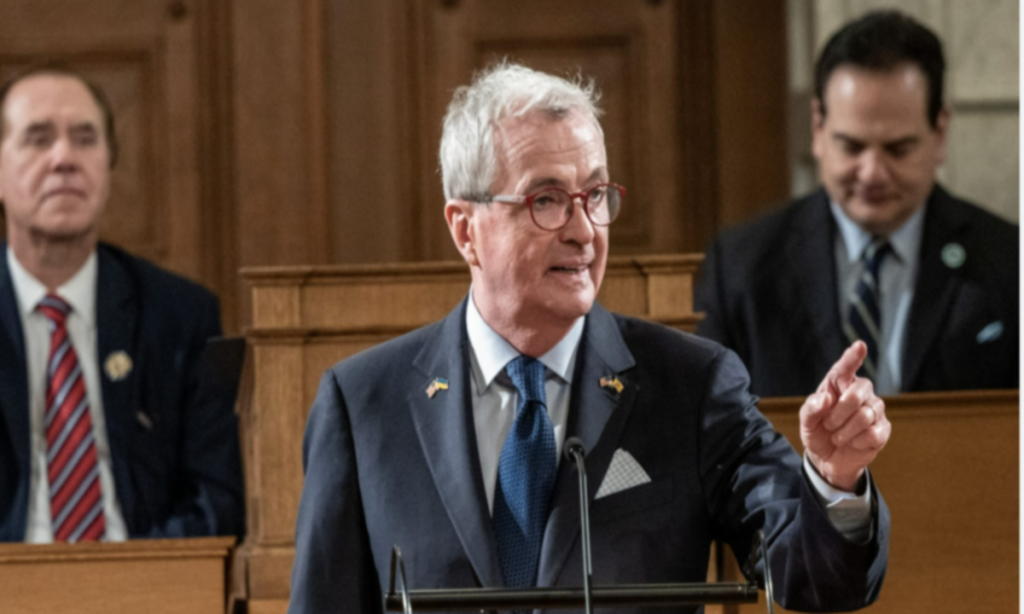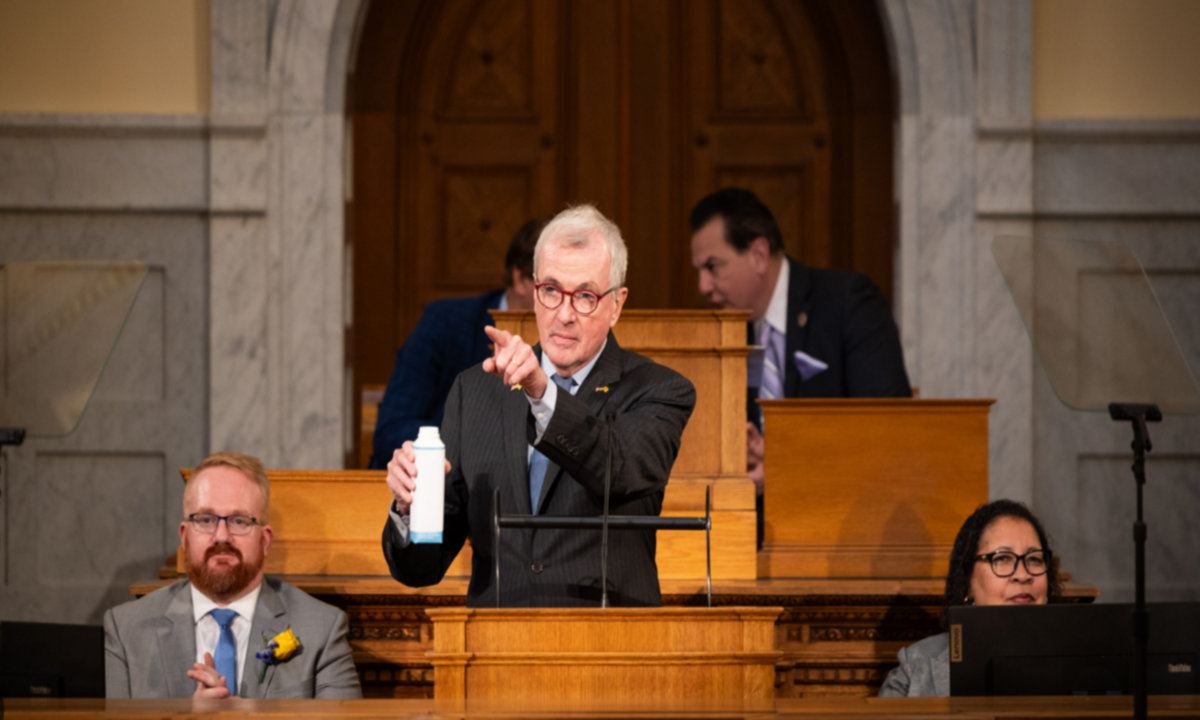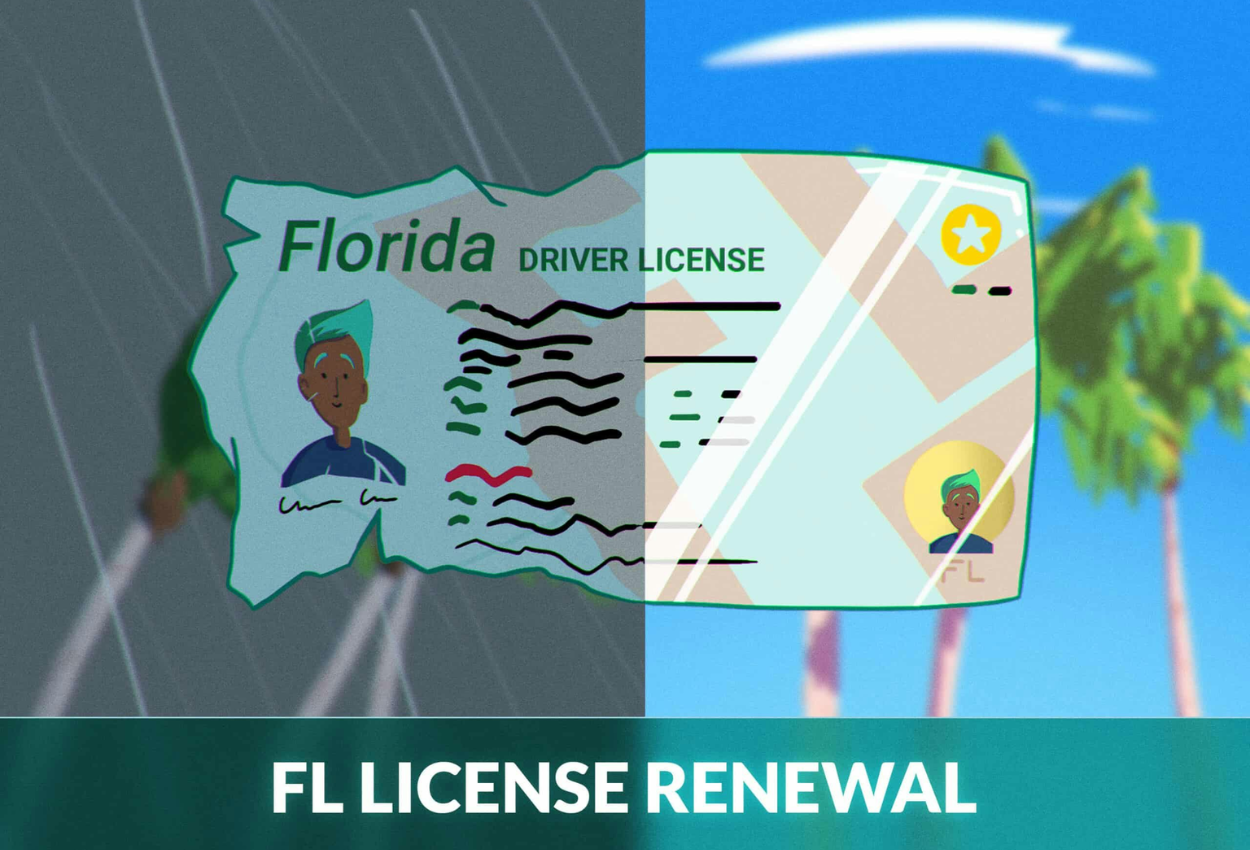New Jersey Governor Phil Murphy’s recent State of the State address outlined his vision for the year ahead, focusing on education, property tax relief, and enhancing civic engagement. While these topics showed his commitment to progress, social justice advocates noted that some of the most pressing issues facing marginalized communities were left unaddressed.
Murphy’s speech emphasized progressive policies like universal pre-K, same-day voter registration, and reforms to technical parole violations. However, he omitted specific references to challenges faced by LGBTQ communities, immigrants, and people of color—gaps that advocates say need urgent attention.
Key Focus Areas of Murphy’s Speech
Murphy reaffirmed his dedication to property tax relief and economic reform. Some highlights included:
Universal Pre-K Expansion: Murphy reiterated his support for making pre-kindergarten education accessible for all children in New Jersey.
Same-Day Voter Registration: He pushed for measures that would allow residents to register to vote on Election Day.
Parole Violation Reforms: Murphy announced plans to address technical parole violations, which disproportionately impact communities of color.
Lowering the Voting Age for School Board Elections: This initiative aims to encourage civic participation among younger residents.
While these proposals garnered support, critics argue that they don’t go far enough in tackling systemic inequities.
Social Justice Advocates Call for More
Advocates for social justice expressed disappointment that Murphy’s address did not touch on urgent issues like mass deportations, racial wealth gaps, and protections for LGBTQ individuals. They pointed to pending legislation, such as the Immigrant Trust Act, which provides privacy protections for undocumented immigrants, as a missed opportunity for Murphy to demonstrate his support.

Amy Torres, Executive Director of the New Jersey Alliance for Immigrant Justice, criticized the speech for failing to highlight previous wins for immigrant and LGBTQ rights. “The State of the State is your opportunity to talk about past successes and how you plan to deepen their impact,” Torres said.
Nicole Rodriguez, President of the New Jersey Policy Perspective think tank, echoed this sentiment. “Murphy’s speech reflects progress, but it falls short of being inclusive. There’s still inequality and poverty that needs to be addressed,” she said.
Economic Inequities and Property Tax Relief
Murphy’s commitment to property tax relief was another focal point of his speech. However, advocates argue that this initiative doesn’t adequately address racial disparities in homeownership.
In New Jersey, people of color are disproportionately rent-burdened and face significant barriers to owning property. Henal Patel, Law and Policy Director at the New Jersey Institute for Social Justice, said, “A lack of economic opportunities is most deeply felt by Black and brown communities. More comprehensive measures are needed to close these gaps.”
Abortion Services and Systemic Barriers
Murphy highlighted efforts to protect reproductive rights, including stockpiling the abortion drug mifepristone. However, advocates argue that this measure does not address deeper structural issues, such as the affordability of abortion services.
“Accessing abortion services is still unaffordable for many,” said Rodriguez. “While stockpiling mifepristone is a good step, more needs to be done to tackle the root causes of inequity in reproductive healthcare.”
Concerns About Federal Policy Under Trump’s Influence
With the Trump administration hinting at cuts to Medicaid, Social Security, and other social safety-net programs, advocates hoped Murphy would address how New Jersey plans to defend its vulnerable populations.
“Proactively defending these critical programs could have offered hope to many residents,” Rodriguez said.
Looking Ahead
While Murphy’s proposed initiatives are promising, many advocates feel they do not go far enough to address the systemic inequities that underpin the issues his policies aim to resolve.
For instance, Murphy’s proposal to fund full-day kindergarten would only impact fewer than a dozen school districts out of nearly 600. Advocates are also waiting to see whether promises like parole violation reforms will lead to meaningful change.
Rodriguez summed it up: “We know what the solutions are, and they’re sitting in the Legislature. It’s time to turn words into action.”
Disclaimer—Our team has checked this article to ensure its accuracy and eliminate any misinformation. We are committed to providing clear and reliable information for our readers.




